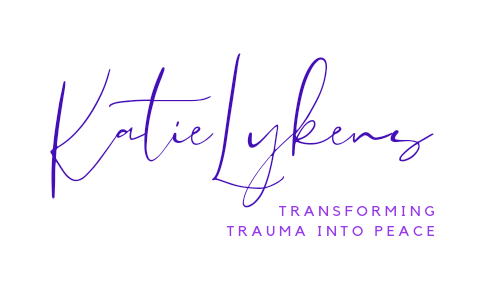Embracing Self-Acceptance: A Journey Beyond Improvement
Written on
Chapter 1: The Pressure to Improve
As someone who has masked AuDHD traits, I've spent years striving to be "better," trying to become someone others would appreciate or at least tolerate. With each New Year, the collective drive to "improve" grows stronger. Recently, I came across a Facebook post declaring, "I’m trying to be a better woman, spiritually, mentally, and physically. I’m going to be my best self in 2024." After a decade of focusing on personal growth, this statement made me feel uneasy.
I'm exhausted from the internal dialogue suggesting that my current self is inadequate and in need of enhancement. I should heal more, lose weight, earn more, elevate my status, and dress better. All these ideals sound appealing, yet they often stem from a lack of acceptance for who I am in this moment. Self-acceptance is why I’m choosing to forgo goals and aspirations for the time being. I realized I've been so focused on becoming my best self that I overlooked the crucial first step: embracing my authentic self, unfiltered and raw.
Having faced numerous challenges, including trauma and OCD, I reached a point of burnout that lasted much longer than a few days or weeks. As New Year’s Eve approaches, I can't think of a more empowering way to reject the notion of constant self-improvement than by choosing self-acceptance and letting go of the relentless pursuit of perfection.
It's essential to learn from our life experiences and act with morality, ethics, and love for ourselves and others. However, there comes a time in personal development where the desire to "fix" oneself can overshadow genuine acceptance. Wanting to change aspects of ourselves because they seem unworthy can prevent us from embracing our current emotions and state of being.
Many of my attempts to heal or improve fizzled out because they were rooted in self-rejection. It's a challenging concept to grasp: you can desire change while also accepting the present. I’m aware that subconscious barriers may still exist, making it hard to recognize my progress. When we dwell in a future filled with "I wish this would happen," we often overlook the present moment.
While striving for self-improvement is valuable, I’ve decided to take a break after 10 years of relentless pursuit. I’m coming to terms with the idea that my inner work may not have been driven by the best intentions, even if I believed otherwise at the time. I’ve grown weary of chasing goals that, once achieved, fail to bring the satisfaction I anticipated.
When I reflect on my achievements—ideal weight, fitness, financial stability—I thought I was accepting myself. Yet, as my father wisely advised, it's easy for others to stand by you during good times; the true test is who remains when things get tough. I’ve realized I only loved myself during my successes but shamed myself during my struggles, urging myself to change.
Setting goals and checking items off a list can be fulfilling, but what happens when those aspects fade away—relationships, jobs, health? In moments of burnout, what's left? I refuse to keep telling myself I must change before I can accept who I am. I will no longer convince myself I should be happy or that my feelings are invalid.
This realization stems from messages I internalized in childhood: "Keep going, no matter how you feel. Ignore your emotions and slap a smile on it. Strive for targets you may never reach." Living under constant criticism made me my harshest judge, leading me to adopt self-criticism as a defense mechanism. I learned to monitor my behavior to avoid the sting of disapproval from those I loved.
The inner critic became a way to maintain safety, guiding me toward personal development under the guise of "fixing" myself. However, living with this inner antagonist means never feeling secure, and no amount of self-improvement ever feels sufficient.
This approach may not suit everyone, but for me, stepping back from the urge to "fix" myself or "be my best version" feels healthier right now. Otherwise, I risk repeating unproductive cycles of trying to change myself in order to accept myself.
In two months, I may feel differently, but I've found it more challenging to simply sit with myself than to strive for an elusive perfection. What's needed now is self-acceptance and the release of the need to constantly improve. This year, my focus is on being and embracing myself in whatever state I find myself.
I believe this foundational step was overlooked in my past efforts. When I cultivate self-acceptance, it won’t be because I kept pace with societal expectations or achieved a particular goal. I’ve experienced success before; even achieving dreams didn’t silence my inner critic. Only when I fully accept myself, sans the superficial accolades, can my pursuits be rooted in self-love and genuinely take hold.
